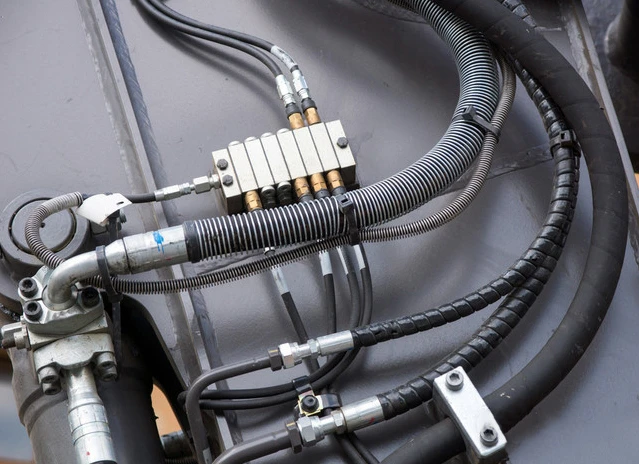Selecting the right industrial hose connector is crucial for ensuring efficiency and safety in various industrial applications. These connectors serve as critical components, forming the vital link between hoses and equipment to facilitate the smooth transfer of liquids, gases, and other materials. Understanding the different types of industrial hose connectors and their specific applications can significantly enhance operational reliability, reduce downtime, and improve safety protocols.
Industrial hose connectors come in a variety of types, each tailored to meet specific needs and conditions. The most common types include
1. Camlock Couplings Recognized for their ease of use, camlock couplings offer a quick, secure connection between hoses and equipment without the need for additional tools. These connectors are ideal for applications where frequent hose changes are necessary, such as in food processing, water transport, and chemical transfers. Made from materials like aluminum, stainless steel, and brass, camlock couplings provide durability and resistance to corrosion.
2. Quick Disconnect Couplings These connectors are designed for fast connection and disconnection of hoses, ensuring minimal downtime in high-pressure applications. Their robust construction can withstand extreme temperatures and operating pressures, making them suitable for industries like automotive, aerospace, and manufacturing. Quick disconnect couplings enhance safety by preventing accidental disconnections and reducing fluid spills.
3. Barbed Fittings Known for their versatility and affordability, barbed fittings are used extensively in low-pressure applications such as irrigation, pneumatic lines, and beverage dispensing systems. These fittings rely on the hose's elasticity to create a tight seal, often secured with a clamp for added stability. The simplicity of barbed fittings allows for quick assembly and maintenance, making them a popular choice in various industrial settings.
4. Threaded Couplings Offering a traditional method of connecting hoses, threaded couplings are prevalent in applications where a more secure and permanent connection is required. These connectors can be found in plumbing, gas lines, and oil transmission systems. Threaded couplings provide a reliable seal and are available in multiple thread standards, including NPT, BSP, and metric, to suit different regional requirements.
5. Flange Couplings Used in heavy-duty applications, flange couplings provide a strong, leak-proof connection suitable for high-pressure and high-temperature environments. These connectors are essential in industries such as petrochemicals, mining, and waste management. Flange couplings are available in various sizes and materials, including stainless steel and carbon steel, to handle a wide range of fluids and gases.industrial hose connector types
Choosing the appropriate connector type involves several considerations
- Material Compatibility Ensure the connector material is compatible with the fluid or gas being transported to prevent corrosion and degradation. For example, stainless steel offers excellent resistance to high temperatures and chemicals, while brass is suitable for water and mild chemicals.
- Operating Conditions Evaluate the temperature, pressure, and environmental conditions of the application. Connectors must withstand these operational stresses without compromising performance.
- Industry Standards Compliance with industry standards and regulations is crucial for safety and reliability. Select connectors that meet or exceed standards such as ISO, ANSI, or SAE.
- Ease of Use For applications requiring frequent hose changes or maintenance, consider connectors that allow for quick and tool-free installation and removal.
- Cost vs. Performance While cost is an important factor, choosing a connector solely based on price may lead to costly repairs or replacements. Evaluate the long-term performance benefits of choosing a more durable or specialized connector.
Through the lens of experience and industry expertise, understanding these facets of industrial hose connectors can significantly enhance operational efficiency and safety. When backed by authoritative sources and trustworthiness in product information, businesses can make informed decisions that not only improve performance but also contribute to overall success and sustainability in their operations. By fostering continuous education and staying updated with technological advancements in hose connector design, industries can maintain a competitive edge and ensure optimal functionality in their systems.
OUR LATEST NEWS
Strict quality control strict production team to ensure stable products quality. Scientific personnel management, efficient production arrangements to ensure our timely delivery.























